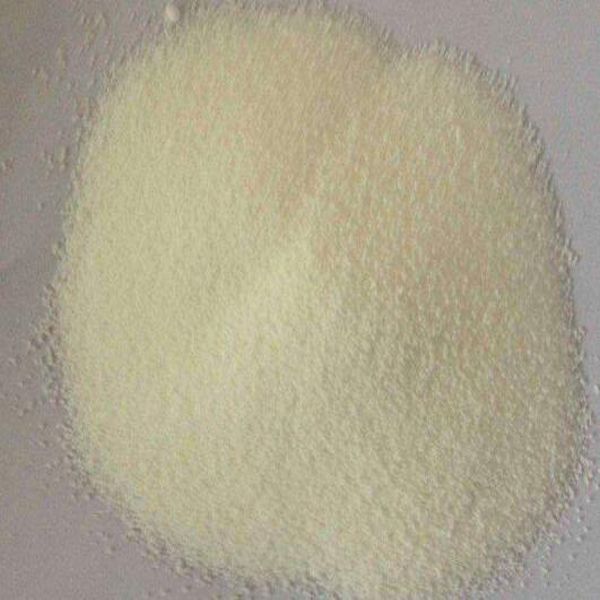The mechanism of action of apramycin sulfate is to interfere with the synthesis of prokaryotic riboproteins and thereby suppress harmful bacteria in animals. Apramycin sulfate is an aminocyclic alcohol antibiotic, which has strong antibacterial activity against Gram-negative bacteria and some Gram-positive bacteria that are susceptible to livestock and poultry, especially E. coli and Salmonella resistant to other antibiotics The pathogenic bacteria have a strong antibacterial effect and are not easy to produce drug resistance. It is mainly used to treat diseases caused by swine colibacillosis and other sensitive bacteria. It can also treat diarrhea caused by Enterobacter calves and Salmonella. It is also effective against E. coli, Salmonella and some Mycoplasma infections in chickens.
Its use effect
1. Special effect: Apramycin sulfate has strong antibacterial activity against gram-negative bacteria and some gram-positive bacteria that are susceptible to livestock and poultry, and can effectively prevent pigs, cattle, chickens and other livestock and poultry caused by bacterial infections Diarrhea, dysentery, dysplasia, etc. have obvious curative effects and special effects.
2. High efficiency: Some E. coli and Salmonella are resistant to gentamicin, kanamycin, amikacin, etc., but apramycin is still effective against these bacteria and has no resistance.
3. Long-acting: After being taken orally, apramycin sulfate is slowly absorbed. The residence time in the intestine is about 3 days, which can prolong the antibacterial time and improve the sterilization effect.
Post time: May-07-2020
